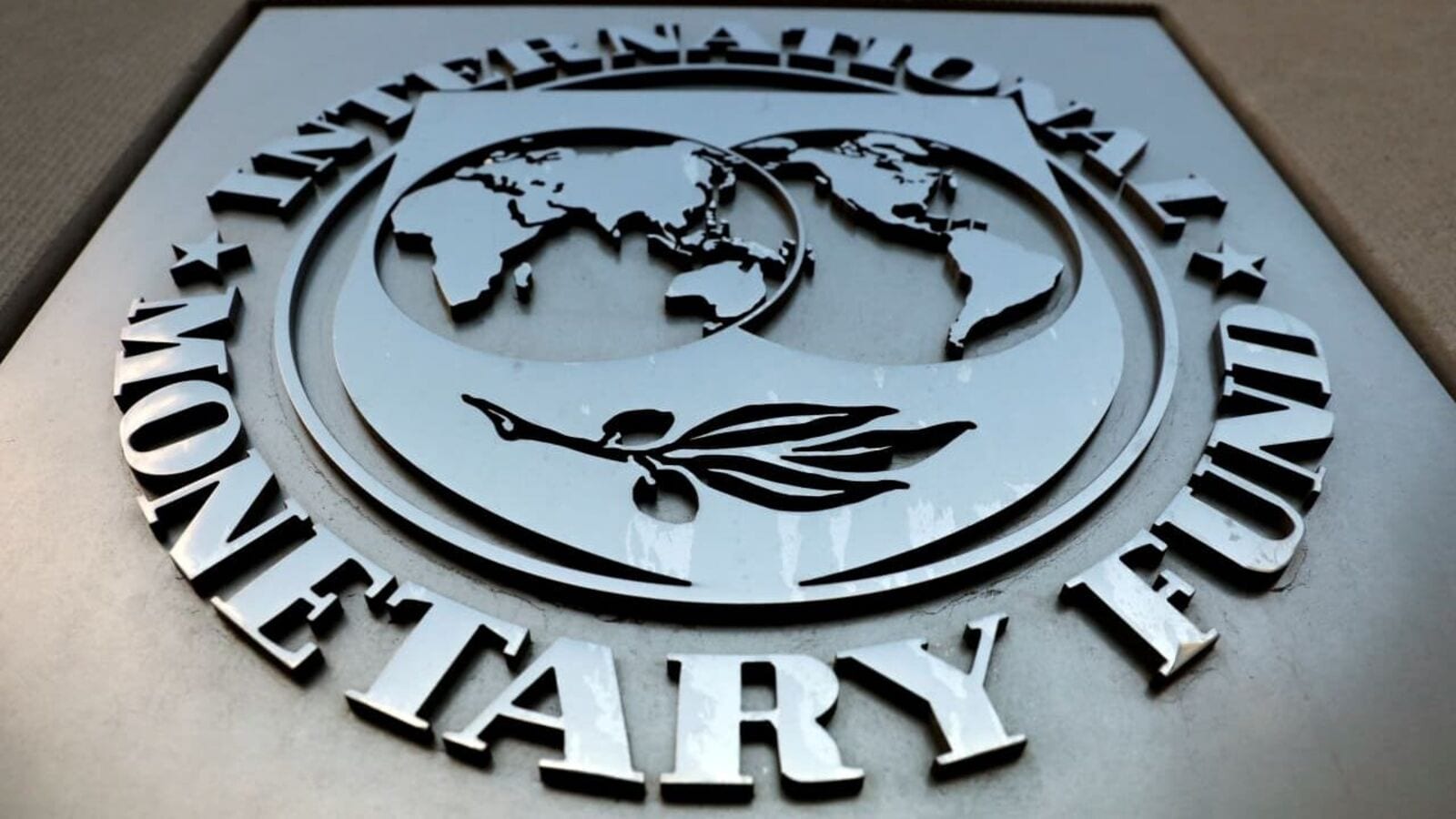The ongoing trade tensions between the United States and China are a focal point for global economic stability, according to Kristalina Georgieva, the Managing Director of the International Monetary Fund (IMF). Speaking at a recent event in Washington, ahead of the crucial IMF and World Bank spring meetings, Georgieva emphasized the need for both nations to address their trade grievances. She called for a more equitable, rules-based trading system that would help alleviate uncertainty affecting global markets.
Trade Grievances Between the U.S. and China
Georgieva pointed out that both the U.S. and China harbor significant trade concerns. The U.S. has expressed dissatisfaction with China’s practices regarding intellectual property and non-tariff barriers. Conversely, China is looking for more engagement from the U.S. to establish a stable economic relationship.
- Key issues:
- U.S. grievances over China’s intellectual property practices
- China’s desire for U.S. cooperation
The Need for a Fair Trading System
The IMF Managing Director highlighted that increasing tariffs and non-tariff barriers contribute to negative perceptions of the global trading system. "This sense of unfairness often leads to the belief that while some nations adhere to the rules, others exploit the system without consequences," she remarked. Georgieva stressed that addressing trade imbalances is crucial for reducing tensions between these economic giants.
Positive Developments in Trade
In a positive turn, Georgieva commended India for its recent initiatives to lower trade barriers, which she believes will bolster the country’s economic growth. She noted that India’s willingness to engage in reducing tariffs could set a precedent for other regions, including the European Union, where similar discussions are taking place.
- Highlights:
- India is actively lowering trade barriers.
- Potential for tariff reductions in the EU.
Encouraging Global Trade Agreements
Georgieva expressed optimism that ongoing bilateral discussions could pave the way for broader action in reducing trade barriers, benefiting the global economy. "While these discussions are primarily bilateral, I foresee them leading to significant steps toward eliminating obstacles that could enhance international trade," she stated.
In summary, the call for a fairer trading system between the U.S. and China, coupled with India’s proactive approach to reducing trade barriers, could signal a shift toward a more collaborative global economy. As nations navigate these complexities, the emphasis on cooperation and equitable practices remains vital for fostering a stable economic environment.











